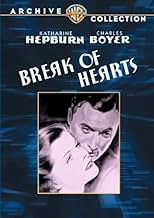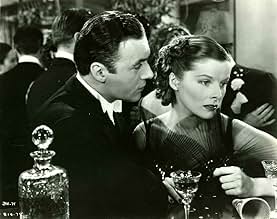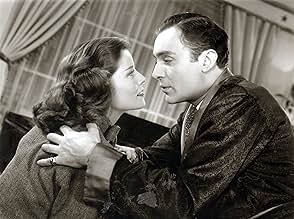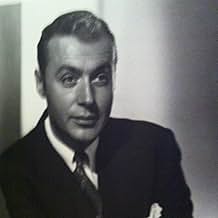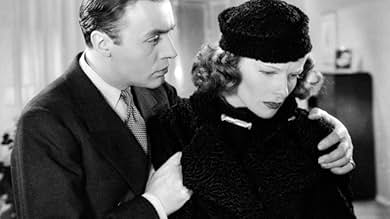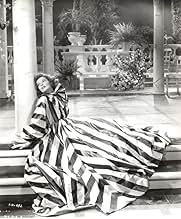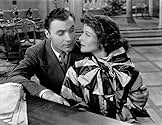Franz Roberti, orchestra conductor with multiple girlfriends, meets aspiring composer Constance through Professor Thalma. They marry, honeymoon across Europe, but Constance leaves after find... Read allFranz Roberti, orchestra conductor with multiple girlfriends, meets aspiring composer Constance through Professor Thalma. They marry, honeymoon across Europe, but Constance leaves after finding Franz with a divorcee.Franz Roberti, orchestra conductor with multiple girlfriends, meets aspiring composer Constance through Professor Thalma. They marry, honeymoon across Europe, but Constance leaves after finding Franz with a divorcee.
- Awards
- 4 wins total
- Albert Henderson
- (uncredited)
- Messenger
- (uncredited)
- Man in Hotel
- (uncredited)
- Max
- (uncredited)
- Radio Announcer
- (uncredited)
- Mr. Lubin
- (uncredited)
Featured reviews
World famous conductor and womanizer Franz Roberti drops by an old friend's and meets Constance Dane a music teacher and aspirant composer. He's pleasant to her but no more. When she can't get a ticket to his sold out show she sneaks into a rehearsal and creates a scene that first annoys and then charms Roberti. They go out and Roberti lays out his Casanova MO to her but much to his surprise finds himself falling in love and marrying her. They globe trot on their honeymoon and all is well until she discovers he has returned to his old ways and decides to leave him. Crestfallen they almost reconcile but she rejects him and he takes to drink sabotaging his career.
The early scenes between the pair falling in love has a charming energy as Boyer's dark eyed intensity and magnificent inflection charm Hepburn's bedazzled beauty. But once the honeymoon ends and Constance books the film descends into a mawkish affair it can't climb out of with both leads becoming a touch too strident.
Philip Moeller's direction is flat and uninspired as he relies heavily on Hepburn close-ups and Boyer's roving eye to make his point. Advancing the story choppily and with little form in the process the glossy sets and lavish costumes lack the sweep they deserve with Moeller's camera movements tentative at best.
The most ironic moment in the film is when Hepburn launches into discourse on how she will look out for the sodden Roberti eerily reflecting her relationship with Spence a decade away.
Boyer is a Tiger Woods-Jesse James type - he's a conductor who marries a young fledgling composer, is caught cheating on her, and she leaves him. Then he hits the skids.
Predictable '30s drama. Both Boyer and Hepburn are ridiculously young and very attractive. Boyer is quite charming and moody as the conductor. Considering their respective careers, this is really just a blip on the radar.
You might say that the way Waterloo Bridge photographed Vivien Leigh is similar to how Hepburn is photographed in Break of Hearts.
Her face and her eyes are aglow in nearly every scene. I don't think she was over acting at all like some have said.
Boyer does a decent job as the famous composer Franz Roberti.
It really isn't a variation of "A Star is Born" like one reviewer has said.
Sure the plot's basically mush, but I still enjoyed seeing Hepburn at the height of her youth.
It's a good film for Hepburn fans at least.
Did you know
- TriviaAmong the many women whose photos adorn Franz Roberti's apartment is a very blonde Lucille Ball, who was an RKO Radio contract player at the time this film was made.
- Quotes
Franz Roberti: I feel better.
Constance Dane Roberti: Did you feel badly?
Franz Roberti: You don't have to feel bad to feel better.
- ConnectionsReferences Moulin Rouge (1934)
- SoundtracksSymphony No. 9 in E minor 'From the New World'
(1893) (uncredited)
Written by Antonín Dvorák
Excerpts played at a concert
Details
Box office
- Budget
- $427,000 (estimated)
- Runtime
- 1h 18m(78 min)
- Color
- Aspect ratio
- 1.37 : 1

